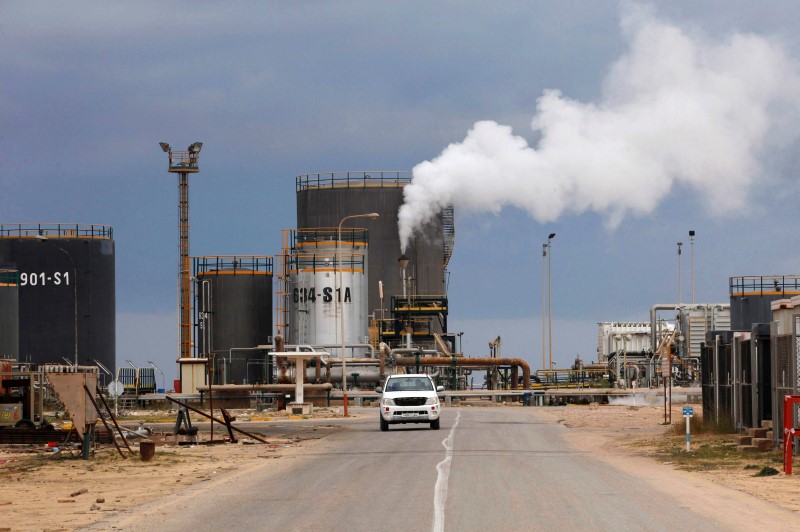The World Bank has expressed concerns over the potential for a dual energy shock, as the ongoing conflicts between Israel and Hamas and Russia’s war in Ukraine continue to escalate. According to the bank, these geopolitical tensions could lead to a surge in oil prices by up to 75%.
Today, the World Bank highlighted that economists and policymakers have been closely monitoring the situation since the invasion of Israel by Hamas on October 7. Despite these tensions, energy prices have remained stable so far. However, the current Middle East conflict and Russia’s war in Ukraine may exacerbate the economic repercussions on a global scale.
The bank’s research suggests that global oil prices will average $90 per barrel this quarter, a rise from the current $85 per barrel. Although earlier forecasts predicted a decline in oil prices next year, possible disruptions to oil supplies could significantly revise these projections.
In its worst-case scenario, akin to the 1973 Arab oil embargo during the Arab-Israeli war, the World Bank anticipates that as much as eight million barrels of oil per day could be removed from the market. This could push prices up to $157 per barrel. The bank also drew parallels with less severe but still significant scenarios such as the 2003 Iraq war and 2011 Libyan civil war, predicting potential price increases of 35% and 13% respectively.
World Bank officials noted that inflation and broader economic impacts would depend on how long these conflicts persist and how high oil prices remain. Sustained high oil prices could lead to increased food prices and higher costs for industrial metals and gold.
In response to potential spikes in oil prices, Western nations have implemented a price cap on Russia’s energy exports. Additionally, the US has tapped into its Strategic Petroleum Reserve. Despite these measures, US Treasury Secretary Janet L. Yellen acknowledged that there could be more substantial economic consequences if the conflict expands.
This article was generated with the support of AI and reviewed by an editor. For more information see our T&C.
Read the full article here


